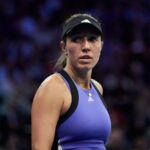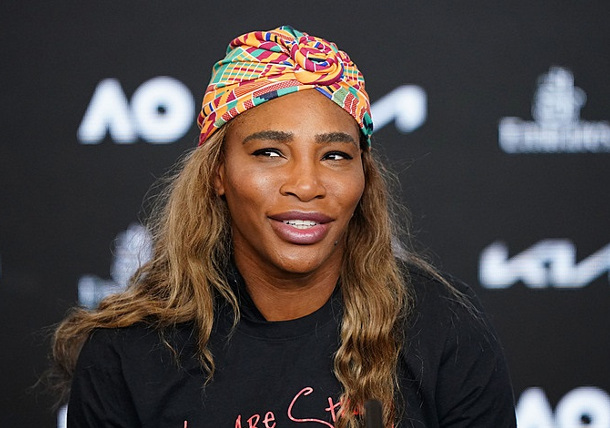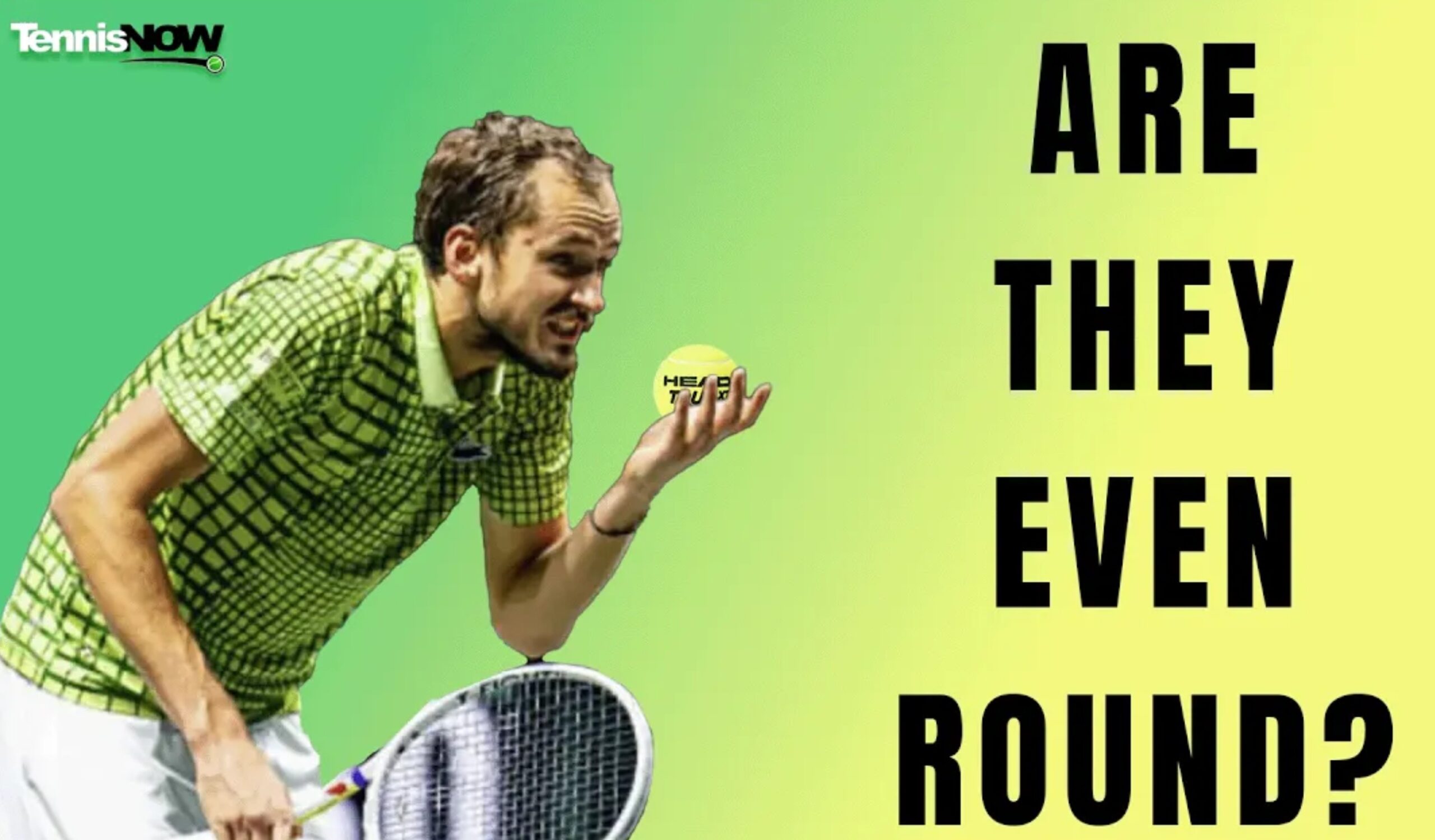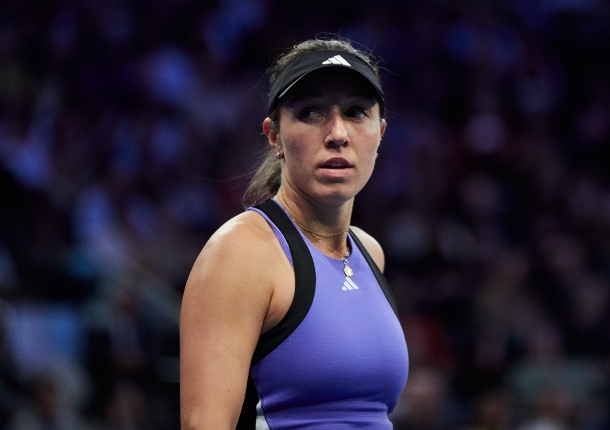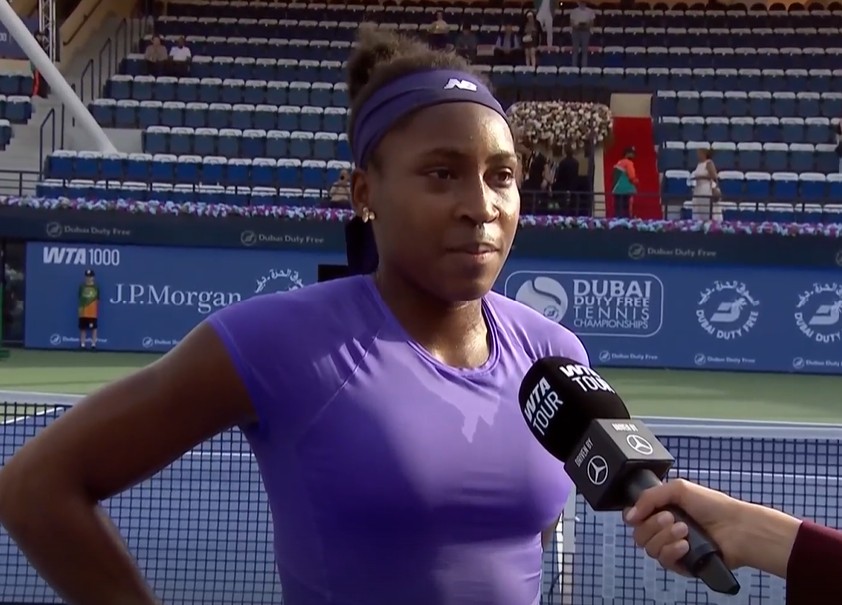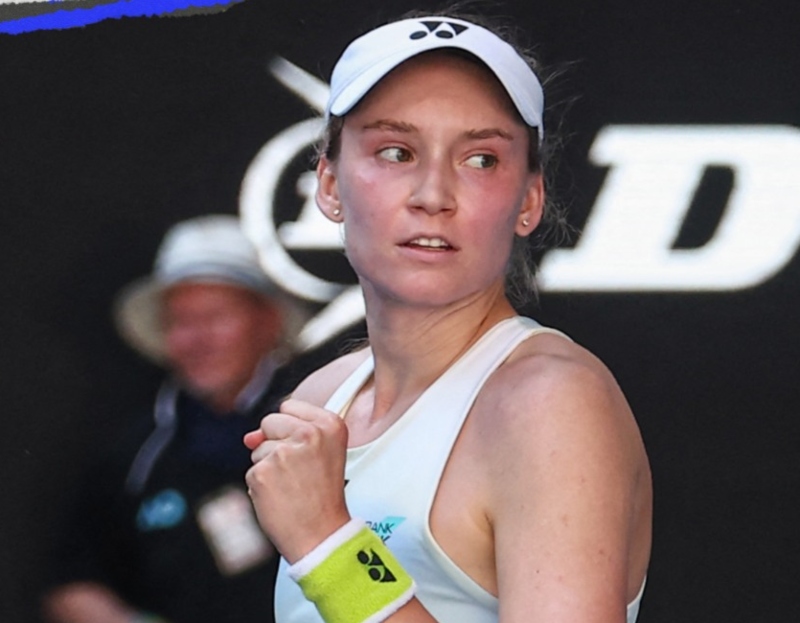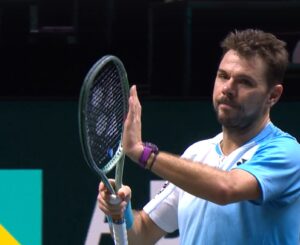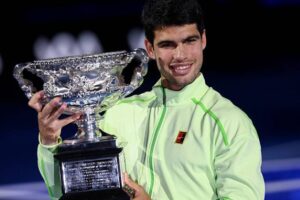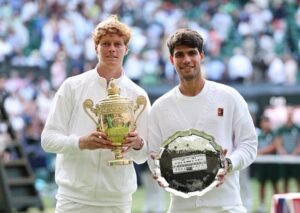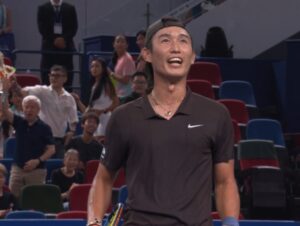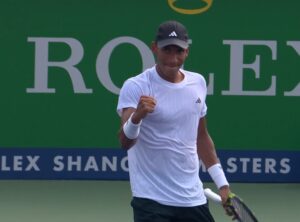
Fils Hires Goran Ivanisevic to Join His Coaching Team
The 21-year-old Frenchman has landed one of the most respected coaches in tennis.
Lucky Loser Ruzic Reaches Dubai QF as Rybakina Retires
Top-seeded Elena Rybakina retired one game into the third set.
Fonseca Nets First Win of 2026 in Rio, Baez Upset
Joao Fonseca got his first win of the season, taking out Thiago Monteiro in straight…
11th Time’s a Charm for Tommy Paul vs Moutet in Delray Beach
Tommy Paul outlasted Corentin Moutet to advance to round 2 in Delray Beach.
Eala Records First Top-10 Win of 2026, Defeating Paolini in Dubai
The Filipina sensation, backed by a vocal fan base, edged out Paolini with a brilliant…
WTA Creates Architecture Council to Address Crammed Calendar Concerns
The WTA creates a new Architecture Council to address its crammed calendar. Will it work?
Big Fish: Alcaraz Hangs with Sinner, Medvedev, Rublev
Here's how Carlos Alcaraz and Jannik Sinner spent some downtime together.
Milestone Man: Alcaraz Edges Rinderknech for 150th Career Hard-Court Win
Carlos Alcaraz is the third man born in the 2000s to post 150 ATP hard-court…
Gauff, Rybakina Roll on in Dubai, Pegula and Jovic Set Clash
Coco Gauff and Elena Rybakina advanced in straight sets on Tuesday in Dubai.
Elena Rybakina: Two Goals for 2026
Australian Open champion shares her two primary goals for the rest of this season.




